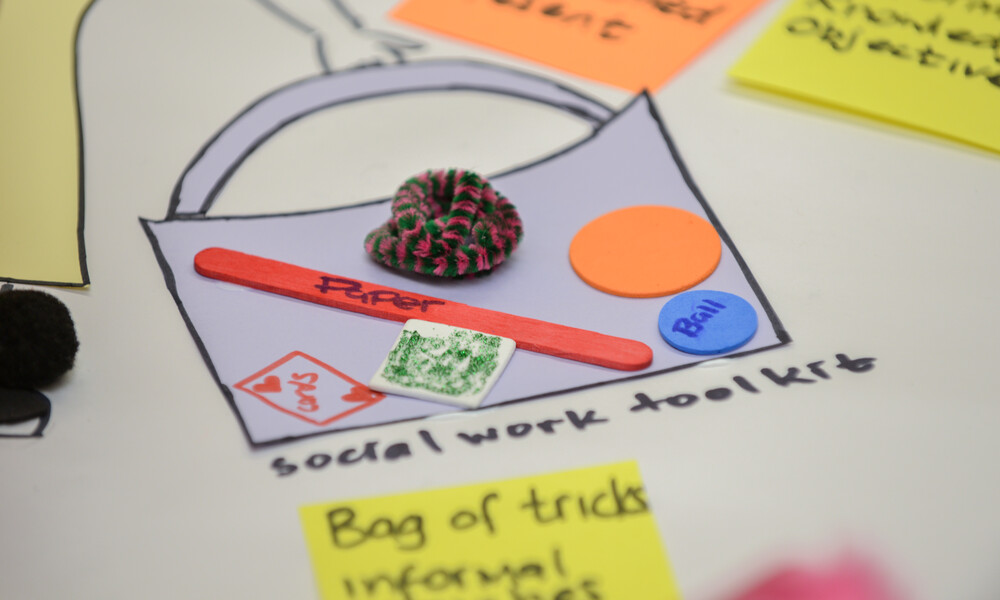
Goal 10 - Reduced Inequalities
Reduced inequalities within and among nations

Research
Making hybrid working inclusive
New research from The Work Foundation, a leading think tank at Lancaster University, dedicated to improving work in the UK, has found disabled people bore the brunt of the pandemic’s economic consequences and experienced higher rates of unemployment and redundancies than non-disabled people. The report concludes with practical steps for employers to take to ensure their approach to hybrid and remote working is inclusive of disabled employees.
Refugee entrepreneurship
Academics from Lancaster University Management School have been working with other universities to bring to life the experiences of refugees and their ventures into entrepreneurship. The project is part of the UN-affirmed Global Compact on Refugees to help refugees support themselves and their communities.

Teaching
Social Work
Reducing inequalities is a theme that is embedded into many Lancaster degrees. For example, our Social Work degree has a module on Contemporary Social Problems that looks at how contemporary social problems reflect and reproduce economic and social inequalities and how those inequalities are constructed through different welfare ideologies and approaches.

University Operations
Equality, Diversity and Inclusion (EDI)
We are committed to creating an environment where everyone can thrive and fulfil their potential is expressed by initiatives linked with recognising and supporting protected characteristics including age, disability, gender identity, race, religion and sex and sexual orientation in alignment with the Equality Act 2010. We have several EDI–related networks and associations at Lancaster University for staff and students to connect, share best practice and network.
Lancaster Success Programme
We offer a programme of activities to enable students from widening participation backgrounds to thrive during their studies and successfully progress into graduate employment or postgraduate study. The Lancaster Success Programme (LSP) is designed to support students from backgrounds that are traditionally underrepresented at university, who may not always be aware of the breadth of support and opportunities available to them.
Safe Home Base
Lancaster University is committed to create an environment and culture where all students, staff and visitors feel safe, welcome and supported for who they are. We hope to create Ally Networks that can support diversity and inclusion at Lancaster. Thanks to the initiative of our LGBT Staff Network, we started by launching ‘Safe Home Base’, the LGBTQIA+ Ally Network.

